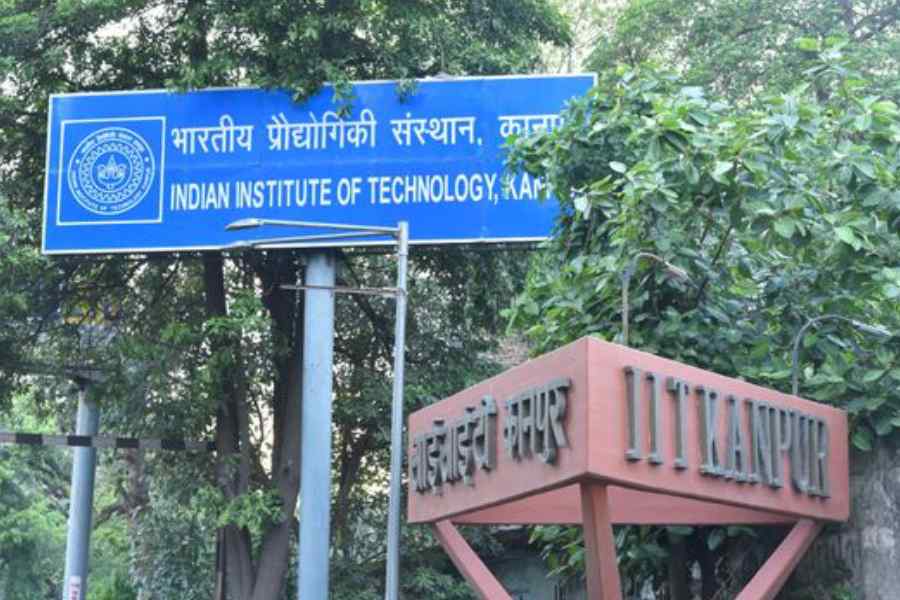Insecurity can be triggered by the environment. The situation today has made caste an acutely sensitive issue in institutional contexts. Students view it with suspicion; it is their peers in different educational institutions who allegedly face discrimination, occasionally culminating in suicide. In spite of the negative associations, a few companies conducting placement interviews in Indian Institute of Technology campuses asked students for their caste or their Joint Entrance Examination results in the application forms. Students foresaw in this a “potential career risk” since their credentials as engineers have nothing to do with their caste background. Applicants from scheduled castes, scheduled tribes and other backward classes feared that the companies would promote discrimination at the entry point or later. They blamed the IITs, which were either complicit in allowing or ineffectual in preventing such inquiry. The JEE ranks would indicate whether they came in on reserved seats, since the entry marks are lower for these. So asking for three-year-old JEE results was just a roundabout way to reach the same information — the caste identity of the applicant. It was not surprising that the students felt anxious or insulted.
Among the protests, one alumnus wrote to the SC and ST minority commissions and the education ministry, focusing on the complicity of the IITs in creating the fear of discrimination. Other alumni said that these questions were asked earlier as well, but there had been no protests. Clearly the protests this time suggest that not just the fear but also the experience of being discriminated against is sharp enough for students to speak up. Oppressive divisiveness is too widespread now for the environment to emanate security. There might be a contributory reason too. As another alumnus pointed out, many students from reserved categories did not apply when asked their caste background for they felt a sense of ‘shame’, however misplaced. Here, then, the discrimination is silent, invisible, as though it never happened. Others have said that recruiting companies should not ask for caste backgrounds unless they are offering benefits. This relates to a broader point — asking for caste identity is a breach of privacy; it can only be relevant in the case of reservations. No assurances of non-discrimination and diversity in recruitment from the companies would be adequate answer for the questions the students’ protests have raised.











